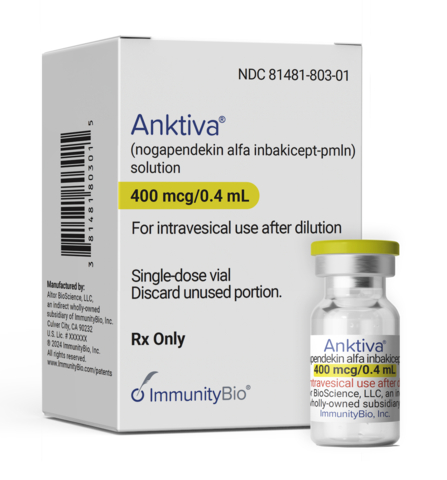The US Food and Drug Administration (FDA) has approved Zejula (niraparib) as a maintenance treatment for women with certain types of recurrent cancers, including epithelial ovarian, fallopian tube, and primary peritoneal cancer. To be eligible for treatment with Zejula, patients must show a complete or partial response to platinum-based chemotherapy.
Zejula is a poly(ADP-ribose) polymerase (PARP) inhibitor, which works to inhibit the repair of DNA damage in cancer cells. According to Tesaro, the biopharmaceutical company that developed Zejula, the drug is the first PARP inhibitor which does not require patients to undergo biomarker testing for BRCA gene mutations.
“Despite high response rates to platinum-based treatment in recurrent ovarian cancer patients, the effectiveness of such chemotherapy diminishes over time,” said Dr. Ursula Matulonis, Director, Gynecologic Oncology at Dana-Farber Cancer Institute and Professor of Medicine, Harvard Medical School. “Unfortunately, progression free survival generally gets shorter after each subsequent treatment with a platinum-based chemotherapy regimen. Therefore, a treatment like Zejula that can increase progression-free survival after platinum therapy is very meaningful to patients and their families.
“Until recently, there have been few treatment advances for women with recurrent ovarian cancer and even fewer options available for women who do not harbor BRCA mutations. We are excited to have the opportunity to offer appropriate patients an oral, once-daily maintenance treatment that reduces the risk of cancer progression and extends the time between courses of chemotherapy for patients who have few treatment options.”
Zejula showed efficacy in a Phase III clinical trial involving 553 patients with recurrent ovarian cancer. The drug was associated with a 74 percent reduction in disease progression and death in patients with a BRCA mutation. In patients without this biomarker, Zejula reduced the risk of disease progression or death by 55 percent.
“Maintenance therapy is an important part of a cancer treatment regimen for patients who have responded positively to a primary treatment,” said Dr. Richard Pazdur, acting director of the Office of Hematology and Oncology Products in the FDA’s Center for Drug Evaluation and Research and director of the FDA’s Oncology Center of Excellence. “Zejula offers patients a new treatment option that may help delay the future growth of these cancers, regardless of whether they have a specific genetic mutation.”
According to Tesaro, the drug will likely be launched in the US in late April. The drugmaker has also submitted an application for approval to the European Medicines Agency (EMA).
“Women with recurrent ovarian cancer often experience considerable fear and anxiety about future recurrences,” said Audra Moran, President and CEO of Ovarian Cancer Research Fund Alliance. “Zejula may offer patients and their families a treatment option during this stressful period. The ovarian cancer community is eager for new treatment options, and we are glad that Zejula will be available to women that have completed their platinum-based chemotherapy.”












Join or login to leave a comment
JOIN LOGIN